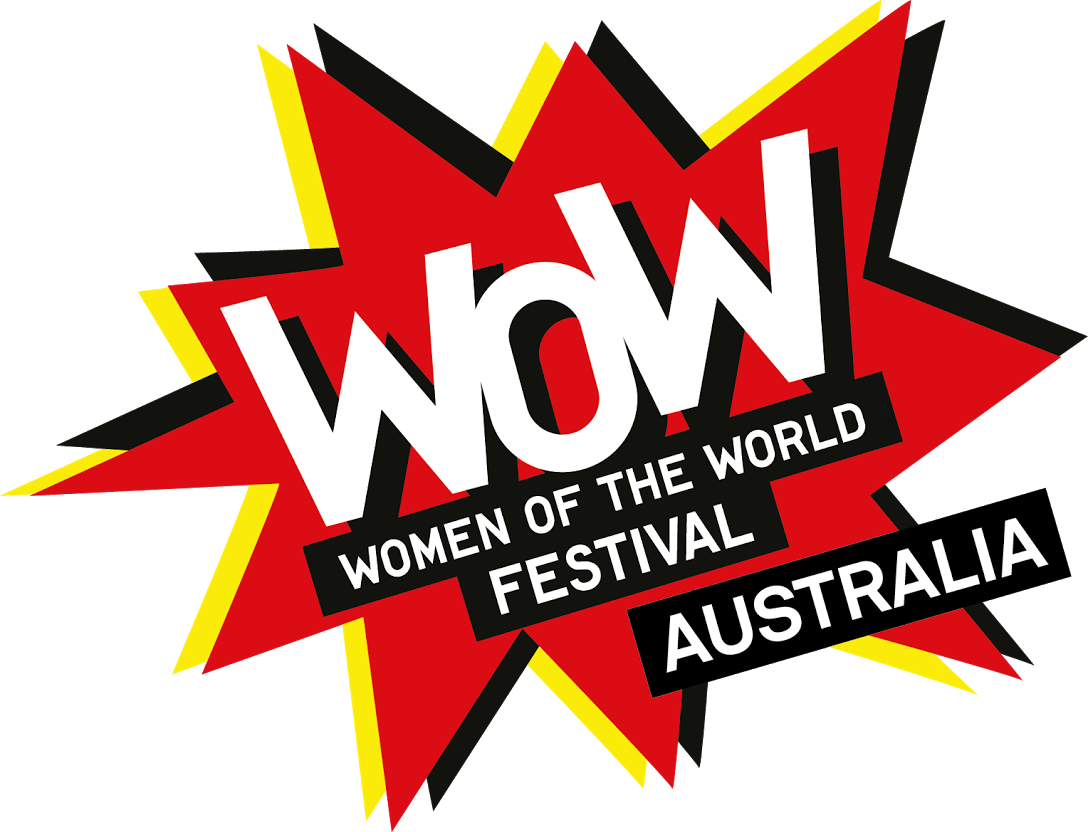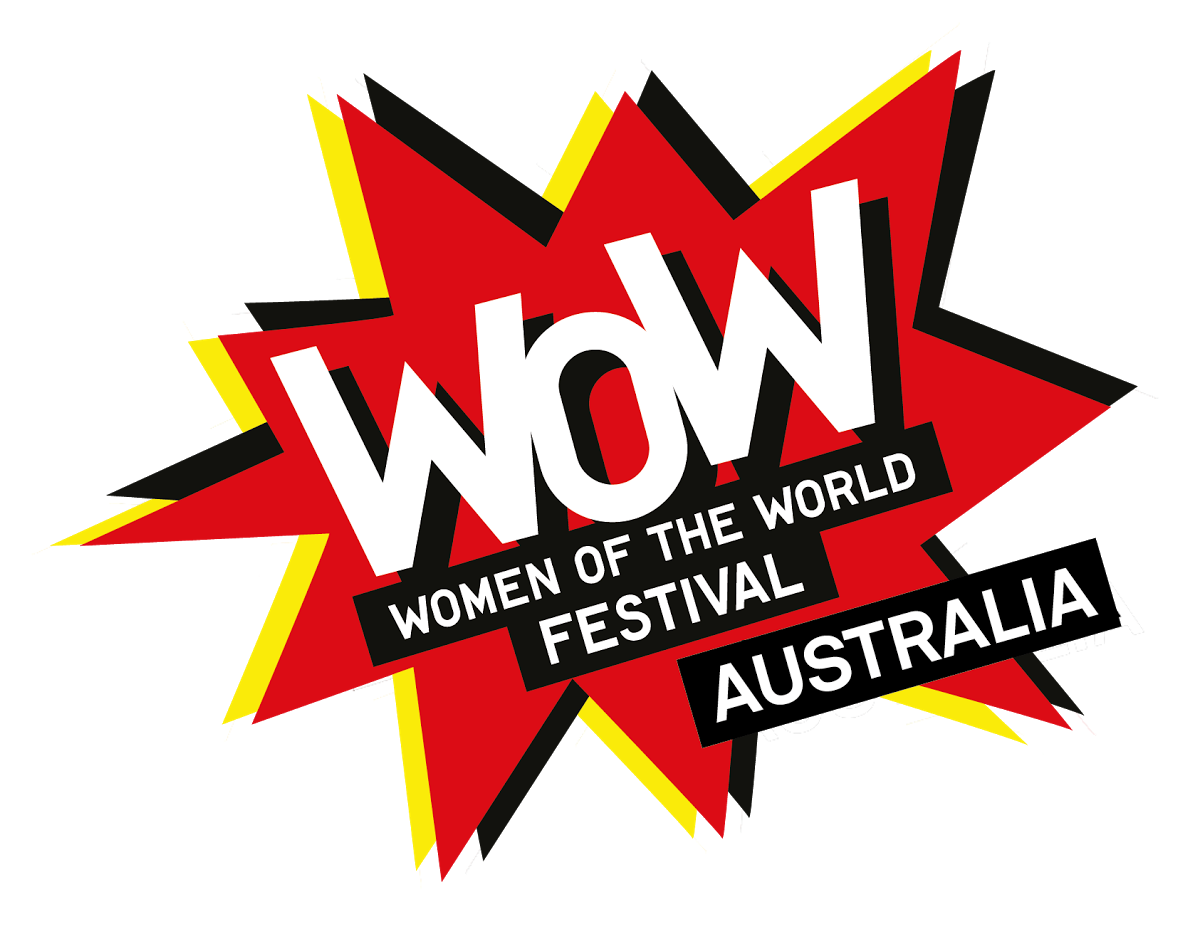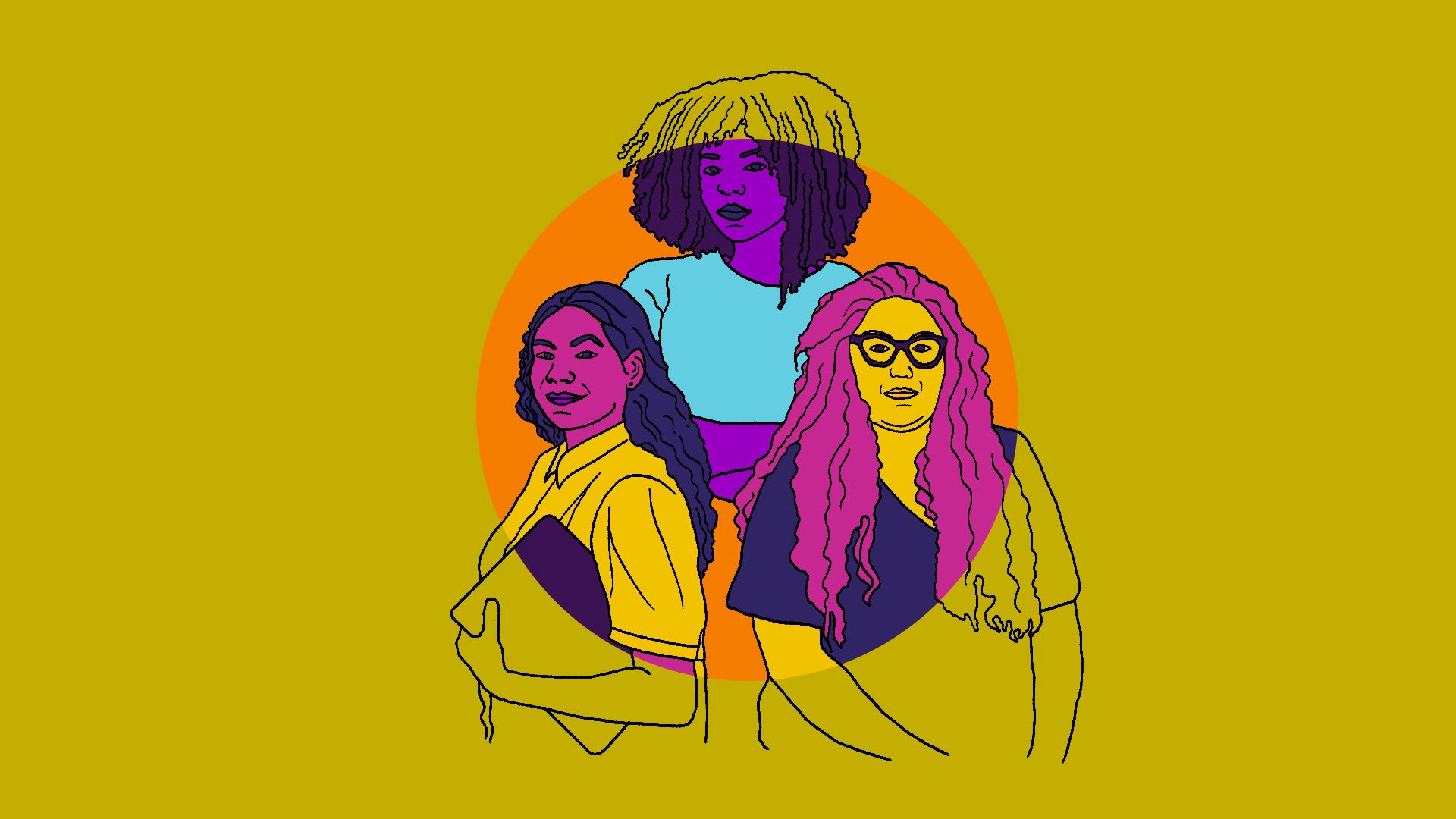Susan Harris-Rimmer: “Defence exports are a feminist issue.”
I contend strongly that Australia’s increasing defence export industry is a feminist issue.
Look at a local example. Aircraft company Boeing announced in October that it will build an advanced manufacturing facility near Toowoomba’s Wellcamp Airport. According to media reports, they will be involved in manufacturing uncrewed planes for the Royal Australian Air Force and expect to export the Loyal Wingman aircraft to multiple countries. The planes will feature maroon-painted interiors stamped with ‘Made In Queensland’. The Boeing announcement this week following the AUKUS plan to consider nuclear powered submarines has put the spotlight on defence industry investment but very few women's voices or gender concerns have been heard about either announcement.
Is it possible for the Queensland Government’s goal to create a more gender-equal community to be reconciled with the state's pursuit of increasing defence industry, especially in relation to defence exports? I think not.
Since 2018, Australia has been seeking to become a top ten global defence exporter. Queensland is already a key focus for the Australian defence effort, with significant army, air force and naval facilities based here. More than 30 of Australia’s top defence suppliers are also based in Queensland.
Cover image: Ahmed Akacha
Launched in 2018, the Queensland Defence Industries 10-Year Roadmap and Action Plan is said to "support growth in Queensland’s defence sector and its contribution to national and global markets with a series of grants and support.
Defence exports are not just an economic equation. There is a demonstrable global correlation between increased militarisation and the deterioration of gender equality indicators. There are also question marks about the effectiveness of the “responsible” export regime centred on the United Nations Arms Trade Treaty. The UN treaty seeks to diminish the risk of exported weapons being used for human rights violations, including all types of gender-based violence. Sweden passed a law in 2017 to limit exports to non-democratic countries, but Australia has no such law. Moreover, manufacturing such weapons may make that place a military target.
This is already an issue - Australia has approved at least 14 permits for the export of military goods to Saudi Arabia and United Arab Emirates over 2020-2021, despite their involvement in the Yemen conflict which has created a humanitarian crisis.
The Guardian Australia reported that the Department of Defence has also revealed it has approved permits for export of $580,000 of military goods to Turkey since late 2019, even though the Defence Minister, Linda Reynolds, announced a “pause” of such exports at that time because of concerns the country’s incursion into north-east Syria was “causing great civilian suffering”.
The Australian Government should show more transparency in the way it discloses exports of weapons and other military goods, which are shrouded in secrecy. This is done in our name and with our taxes, and we need to be able to hold governments accountable for these decisions.
Finally, this development does not align with our Pacific neighbours, and there is a significant Pacific diaspora in Queensland. Samoa has repeatedly made the point at the United Nations that increased military spending, and the contribution of small arms and light weapons to insecurity, are a sure formula for a’ disaster of unfathomable proportions’. For the Pacific region, a joint approach is the best way to combat the problem, as set in the 2018 Boe Declaration on Regional Security that expanded human security to include climate change and the environmental protection.
So Queenslanders interested in visualising a gender-equal state should consider:
1. Is Queensland's gender equal future really best served by making autonomous weapons that would be deployed in our region?
2. Should the Queensland Government be actively developing a defence exports industry? Where were women and girls' voices in this process? Where are First Nations and Pacific voices in this process?
3. If it continues, can Queensland guarantee the kind of regulation on such exports which will limit use that would violate the rights of women and girls overseas?
Susan Harris-Rimmer
Susan Harris Rimmer is an Associate Professor at Griffith University Law School, Brisbane Australia, and is a former Australian Research Council Future Fellow. She is co-editor of the Research Handbook on Feminist Engagement with International Law (Edward Elgar 2019), author of Gender and Transitional Justice (Routledge 2010) and over 40 refereed works on women's rights and international law.
Susan was Australia’s representative to the UN Commission on the Status of Women in 2014, and the W20 (gender equity advice to the G20) in Turkey 2014, China 2016, and Germany 2017. She is a National Board member of the International Women’s Development Agency.
Susan was named in the Apolitical list of Top 100 Global Experts in Gender Policy in May 2018.
Twitter: @FemInt








